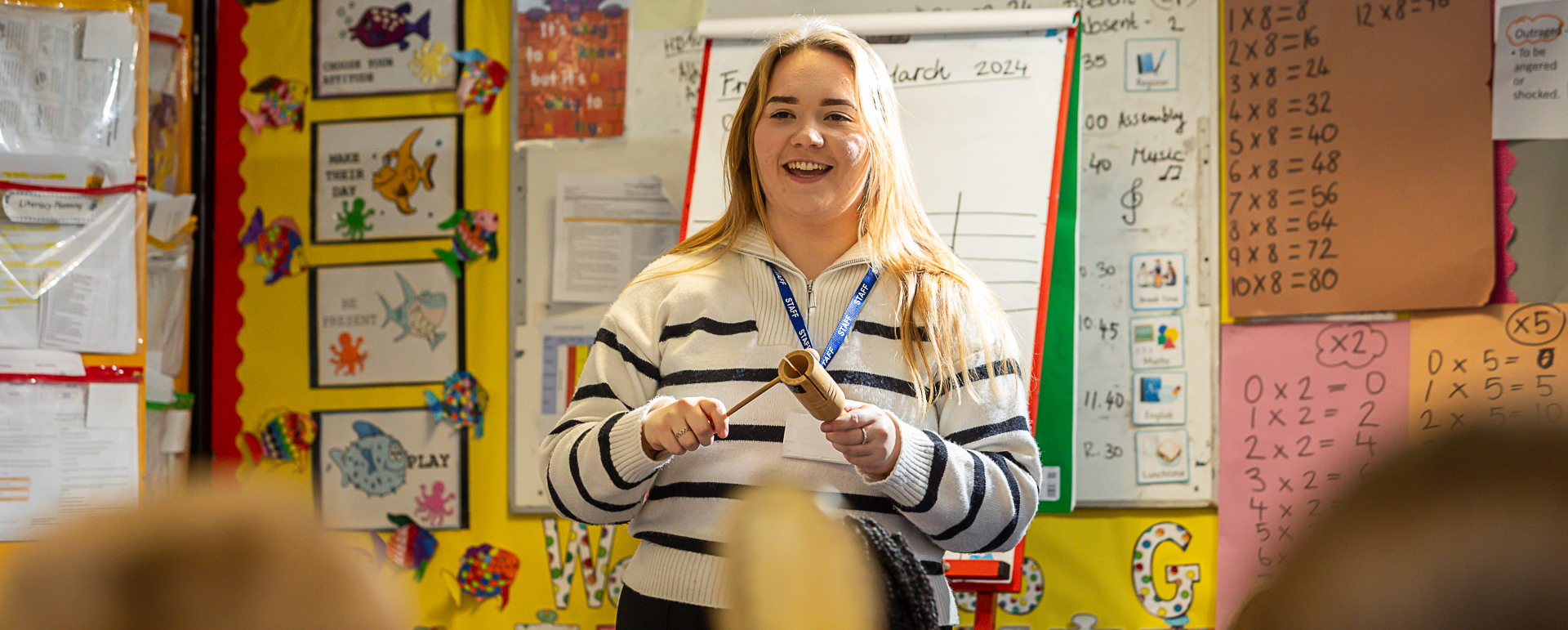Primary Course Guide

Primary 3–7 Pathway (Early Years and Key Stage 1)
Course Overview
This pathway prepares trainees to teach children aged 3–7, covering the Early Years Foundation Stage (EYFS) and Key Stage 1 (KS1). You’ll develop a deep understanding of early child development, how young children learn through play and exploration, and how to support their transition into formal learning.
Key Learning Areas
- Early literacy and numeracy development
- Understanding of the EYFS statutory framework
- Child development and behaviour
- Phonics (systematic synthetic phonics approaches)
- Learning through play and outdoor education
- Safeguarding and child wellbeing
Placement Experience
Trainees will spend time in both Early Years (Nursery or Reception) and KS1 (Years 1 and 2) settings to gain a well-rounded understanding of the early stages of education.
Recommended Reading
- Development Matters (DfE, 2021)
- Understanding Child Development by Lindon & Brodie
- The Reception Year in Action by Anna Ephgrave
- How Children Learn by John Holt
Useful Websites
Primary 5–11 Pathway (Key Stages 1 and 2)
Course Overview
This route equips trainees to teach across the primary age range, from Year 1 to Year 6. Trainees will develop the confidence and knowledge to teach all National Curriculum subjects with a strong emphasis on Maths, English, and Science.
Key Learning Areas
- Core and foundation subject knowledge and pedagogy
- Teaching reading, writing, and mathematics effectively
- Curriculum planning, assessment, and differentiation
- Managing behaviour and creating a positive learning environment
- Preparation for statutory assessments (e.g., SATs)
Placement Experience
Trainees will spend time in both KS1 and KS2 classes to ensure breadth and depth of experience across the primary phase.
Recommended Reading
- How to Teach Primary Maths by Rose Griffiths
- Teaching Primary English by Eve Bearne
- Primary Science: Knowledge and Understanding by Graham Peacock
- Classroom Behaviour by Bill Rogers
